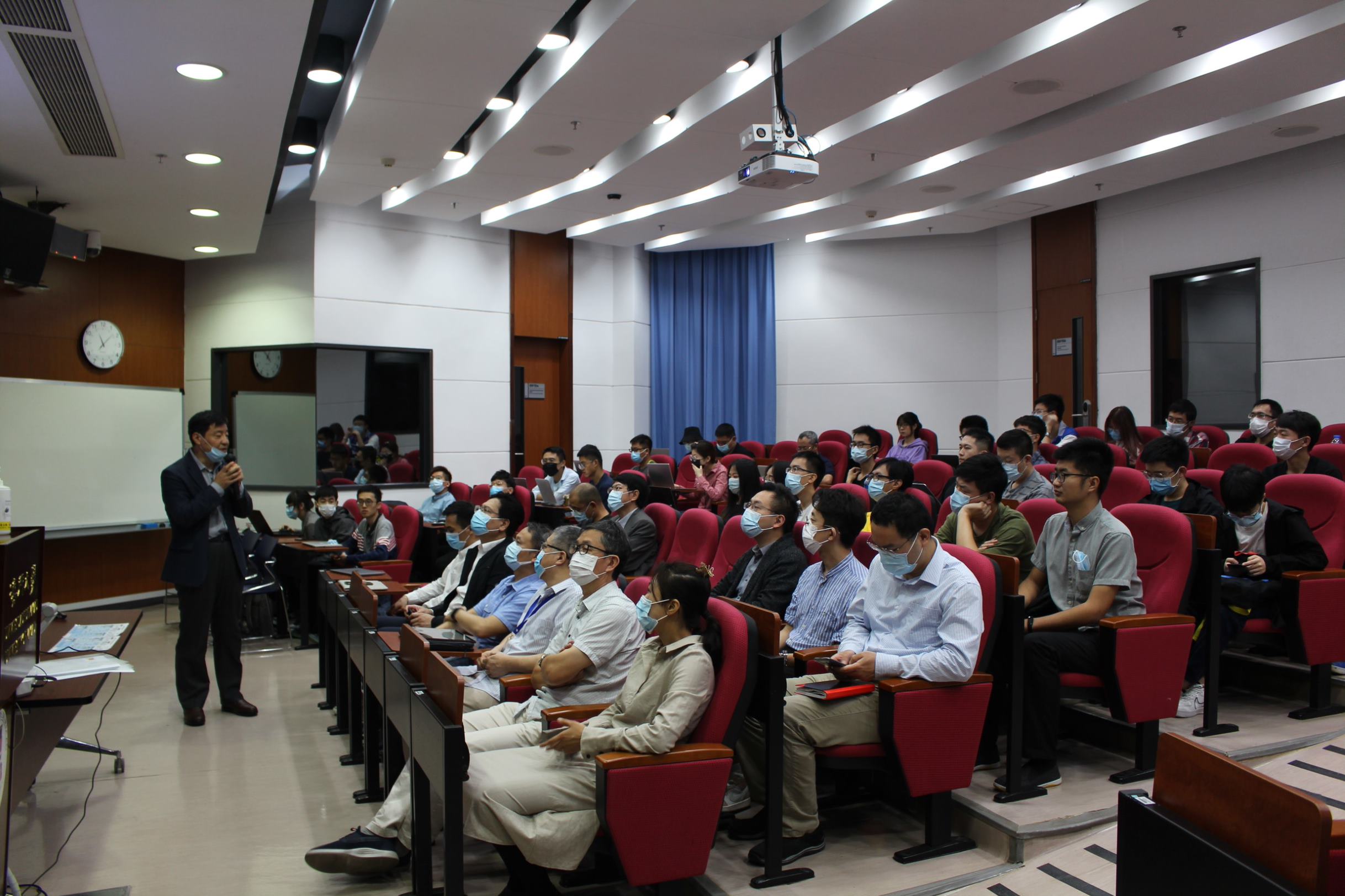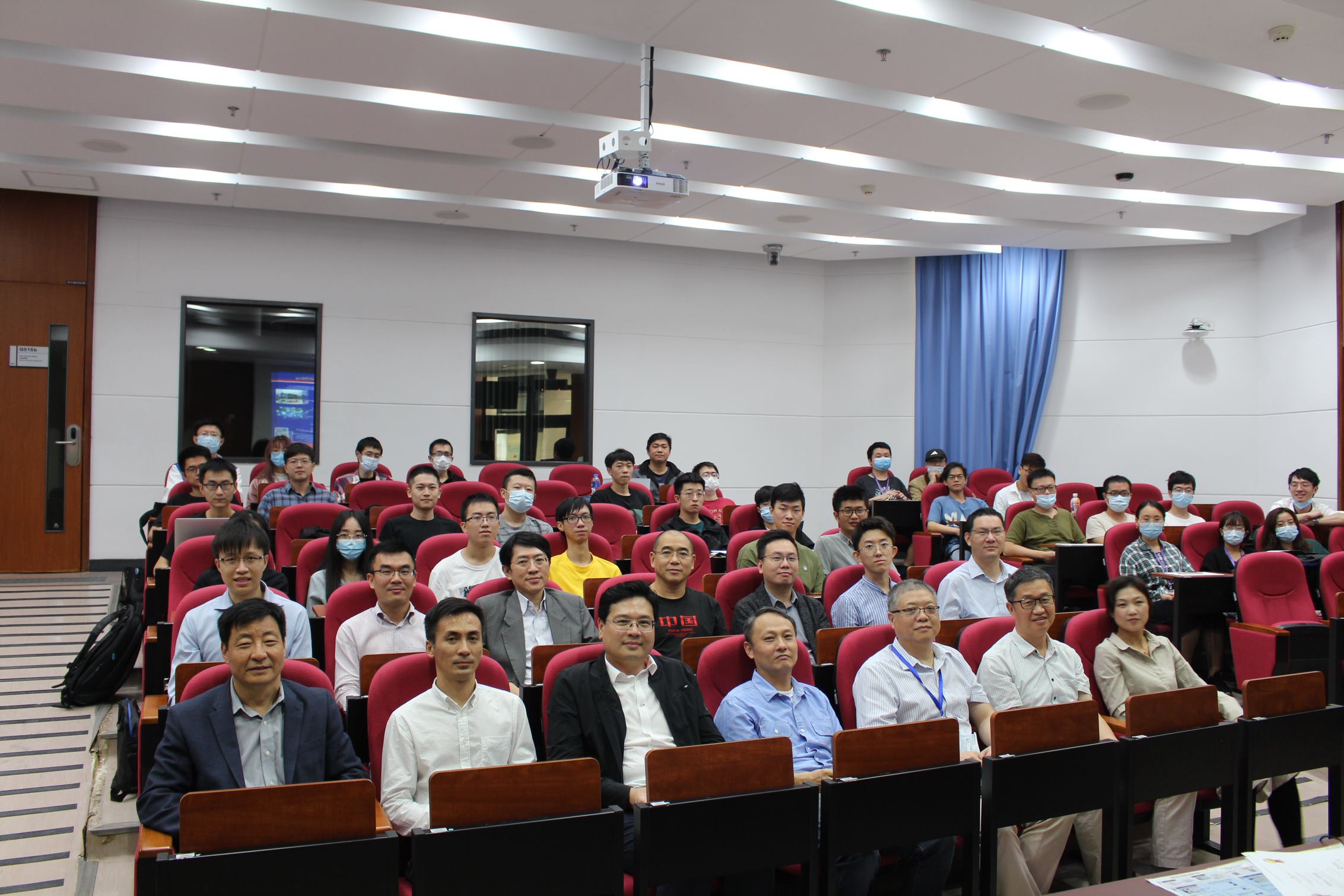




With the launch of the Macao Autonomous Driving Bus Testing Platform, the University of Macau (UM) Faculty of Science and Technology (FST) and State Key Laboratory of the Internet of Things for Smart City (SKL-IoTSC) recently held Macao’s first intensive course in autonomous driving. The course aimed to nurture talent for swarm-intelligence-based collaborative control platforms and experimental bases for autonomous driving in the Guangdong-Hong Kong-Macao Greater Bay Area. UM plans to continue organising similar courses in the future to promote the development of next-generation autonomous vehicles.
Autonomous driving represents the future of the automotive industry. The FST designed the course to increase students’ understanding of autonomous driving platforms based on swarm intelligence. The course was taught by experts in related fields, including FST Dean Xu Chengzhong, FST and SKL-IoTSC associate professors Zhou Jiantao, U Leong Hou, Wu Yuan, and Kou Kun Pang, postdoctoral fellows Li Zhenning and Chan Hou Pong, Prof Kong Hui from Nanjing University of Science and Technology, researcher Liu Yandong from Shenzhen Institutes of Advanced Technology, Chinese Academy of Sciences, and UM research assistant Xiao Zehe. A total of 75 students, including a science teacher from Pui Ching Middle School Macau, were selected for the course, and 25 students from other regions participated in the course through an online platform.
The two-week course covered core technologies behind autonomous driving, including V2X communication and edge computing for interconnected vehicles, hybrid human/autonomous driving modelling and analysis, as well as data and knowledge fusion. In addition to lectures, students also had the opportunity to put knowledge into practice by writing algorithms, debugging sensors, and implementing a range of tasks involved in autonomous driving in Carla, an open-source autonomous driving simulator, and Apollo, an open autonomous driving platform developed by China’s internet giant Baidu. Some students participated in the course via an online platform, an approach the organiser hopes to replicate in the future.